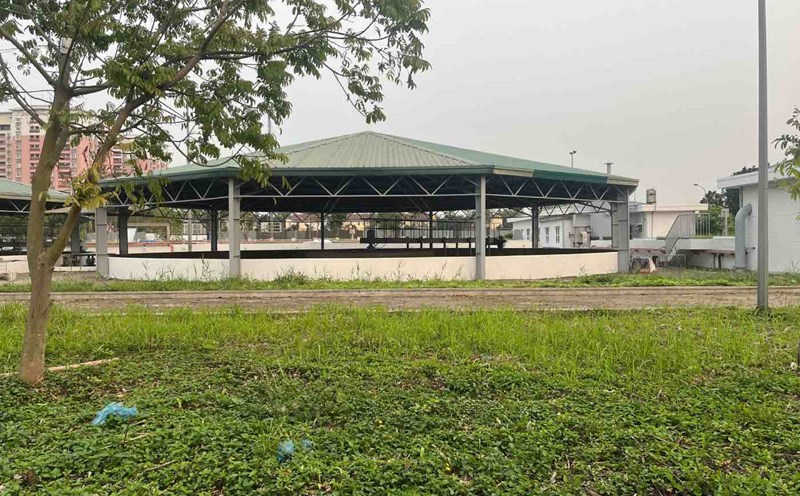However, as many experts and managers have commented, although green credit has great potential, we still have difficulty in getting a handshake between banks and businesses.
One of the important bottlenecks is the lack of information transparency and data standardization related to green criteria.
transparent information is a basic factor for banks and businesses to understand each other deeply enough for cooperation.
However, at present, the company does not have a clear set of indicators on emissions levels, wastewater management methods or energy saving capabilities, so the bank has difficulty assessing risks and anticipating the long-term effectiveness of the project.
On the contrary, businesses also face difficulties when having to spend a lot of time and money to make different documents according to international standards or the requirements of each bank.
If Vietnam builds a national set of green standards that are consistent and close to international standards, the banking system will be easier to evaluate and rank, thereby building a suitable interest rate framework or preferential policy.
Enterprises also have a clear set of standards to know what they need to do and how to improve so that the project meets green criteria. On this basis, preferential capital will come to truly worthy projects, avoiding the situation of half-green credit or greening in the form.
Information transparency and data standardization also help us have easier access to international capital. In the context of global investment funds and financial institutions increasingly prioritizing sustainable projects, compliance with international transparency standards is a decisive factor in attracting cheap capital flows.
To realize this, businesses need to first promote the application of technology in measuring, monitoring and reporting environmental data to improve accuracy and transparency.
These monitoring results can be centralized and connected to the banking system and management agencies to create a quick and consistent inspection cycle.
But more importantly, the State's supporting role in issuing unified policies and regulations from relevant ministries and branches is still the important role. At the same time, there should be clear sanctions and incentives to encourage businesses to invest in reporting and measurement systems.
When all linkages in the banking chain, businesses, and management agencies have a common "data language", green credit will certainly go further, meet the right potential and bring sustainable benefits to the economy.











